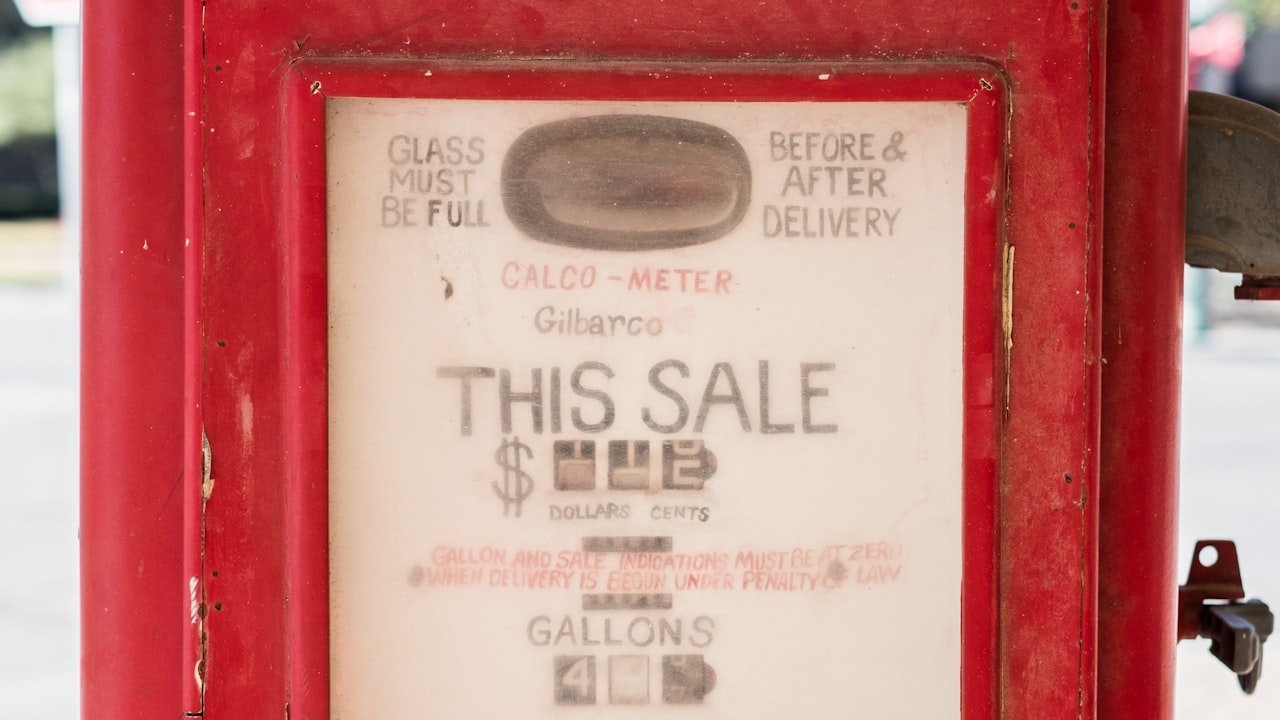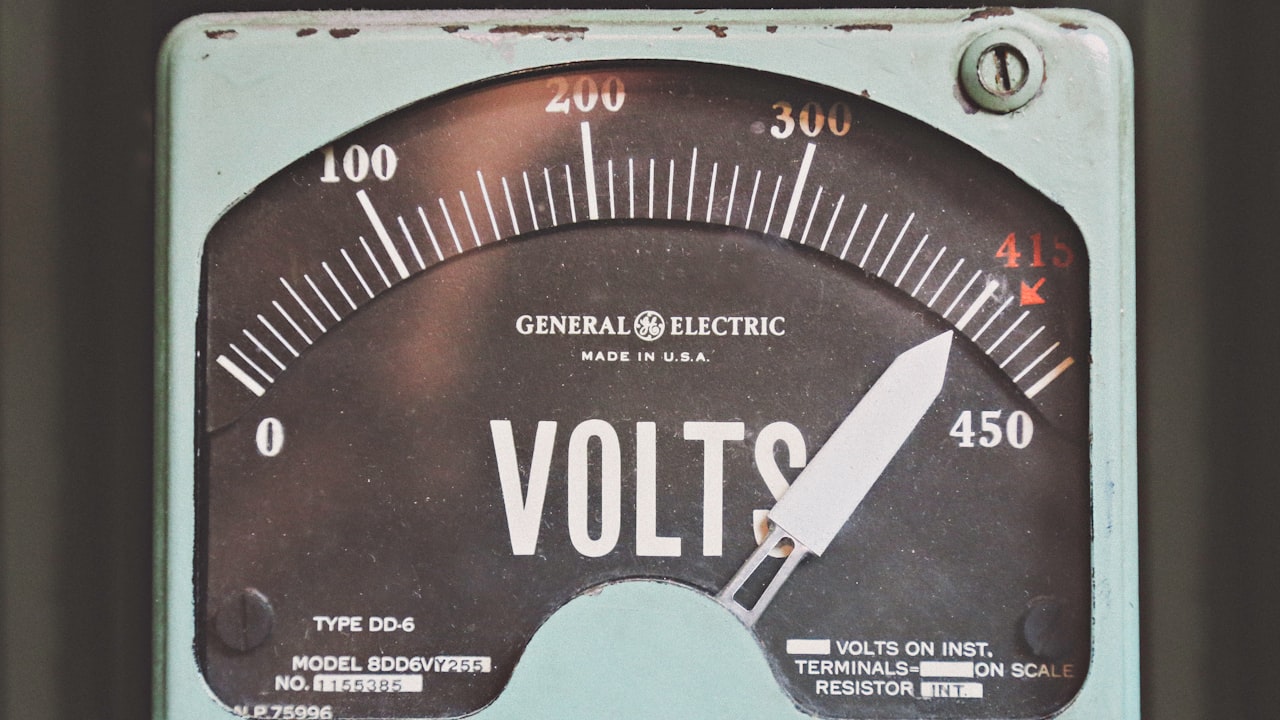Title: “The Evolution of Pharmaceutical Machinery: From Traditional to High-Tech Solutions”
Over the years, the field of pharmaceutical machinery has advanced significantly, revolutionizing the way medications are manufactured. From traditional table press machines to modern high-tech capsule filling machines, the industry continues to innovate and improve efficiency.
One of the most common types of pharmaceutical machinery is the table press machine. These machines are essential for the production of tablets, which are a popular and convenient form of medication. Table press machines use compression force to compact powdered ingredients into solid tablets of precise size and shape. They are versatile and widely used in pharmaceutical manufacturing facilities worldwide.
In recent years, there has been a shift towards more advanced technologies in pharmaceutical machinery, such as the development of high-tech capsule filling machines. These machines are designed to automate the process of filling capsules with medication, increasing efficiency and accuracy. With the ability to fill hundreds of capsules per minute, high-tech capsule filling machines have revolutionized the production of capsule medications.
Two commonly used types of table press machines are the TDP (Tablet Press) and THDP (Double Rotary Tableting Press). The TDP is a single punch machine that is ideal for small-scale production runs and laboratory use. It is easy to operate and offers precise control over the tablet compression process. On the other hand, the THDP is a high-speed rotary tablet press that is capable of producing large quantities of tablets quickly and efficiently. It is equipped with multiple punches and dies, allowing for continuous production without interruptions.
Overall, the evolution of pharmaceutical machinery from traditional table press machines to high-tech solutions like capsule filling machines has transformed the industry. These advancements have not only improved the efficiency and accuracy of medication production but have also paved the way for the development of new and innovative drug delivery systems. As technology continues to progress, the future of pharmaceutical machinery holds even more exciting possibilities for the healthcare industry.

 Title: The Role of Pharmaceutical Machinery in Ensuring Quality and Efficiency
Title: The Role of Pharmaceutical Machinery in Ensuring Quality and Efficiency Title: The Evolution of Pharmaceutical Machinery: Advancements, Applications, and Future Trends
Title: The Evolution of Pharmaceutical Machinery: Advancements, Applications, and Future Trends Title: Revolutionizing Pharmaceutical Production: The Role of Pharmaceutical Machinery
Title: Revolutionizing Pharmaceutical Production: The Role of Pharmaceutical Machinery



